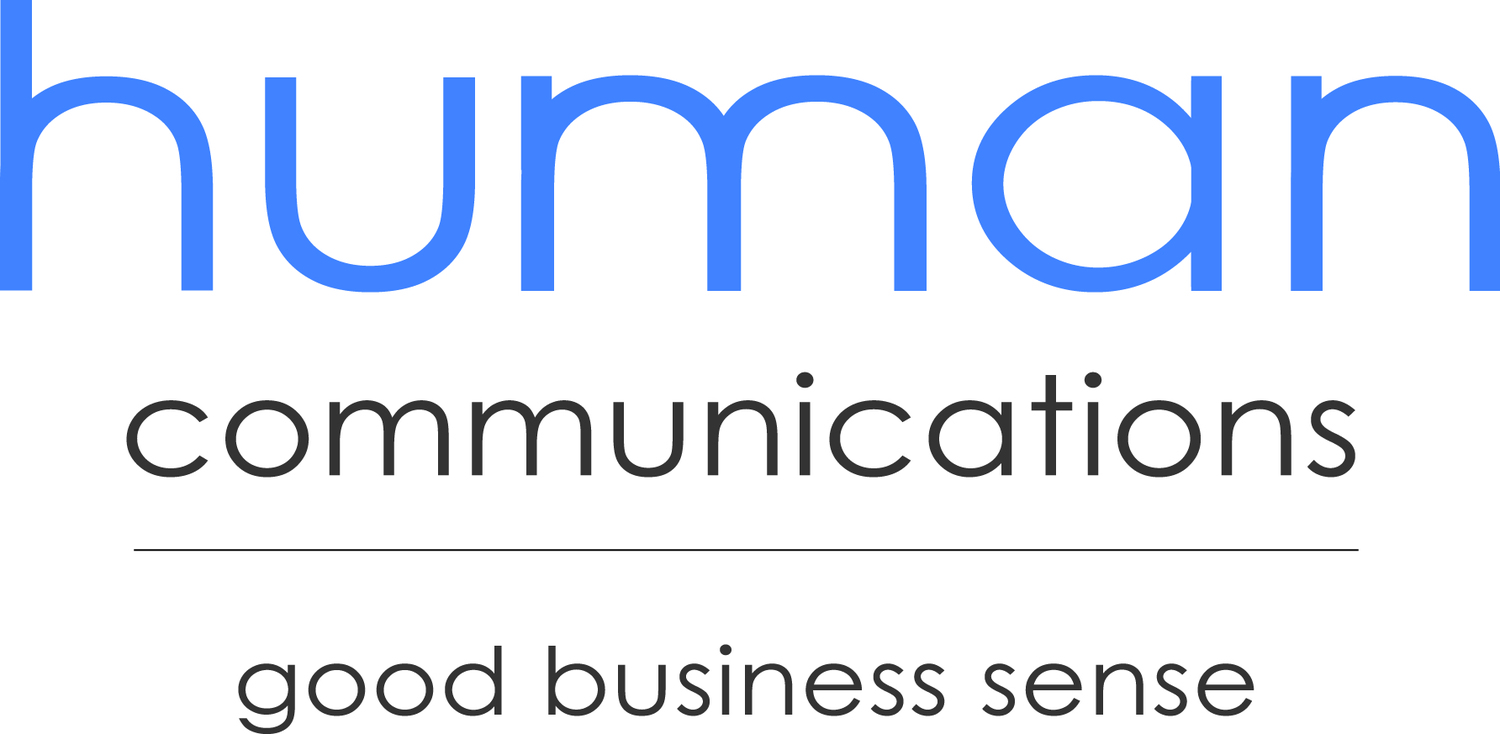Use plain English, says judge
Plain English is an increasingly important skill in today’s business world. But its use in public life is also growing, and nowhere was that as true as in Detroit this month.
A judge in the city, which is undergoing an $18 billion municipal bankruptcy, recently had to ask one of Detroit’s lawyers to translate a city debt-reduction plan into plain English, reported Crain’s Detroit Business website.
The move, to allow public workers voting on proposed pension cuts to understand how their retirement benefits might change as part of the plan, saw U.S. Bankruptcy Judge Steven Rhodes request that city lawyers simplify the plan’s language, according to the website.
The judge also expressed concerns about the way complex matters in the case were being covered in the media, and he called on the city to work with journalists to correct any errors in their reporting.
The case is a particularly important one for the city’s public workers, who stand to see their pensions reduced by between a quarter and a third, depending on how they vote.
But the judge’s call also reflects a broader shift taking place in organisations around the world, as those in charge realise the growing importance of delivering clear and accessible messages to their audiences.
Whether you are a city lawyer drafting materials for public workers or a small business communicating your latest news and services to an audience of potential customers, here are some simple tips that can help:
- Know your audience. The more you understand your audience members, the easier it will be to tailor your message to them. Think particularly about how familiar they are likely to be with your subject matter, and explain any complex terms.
- Sense-check your document. Once you have written your document, ask a colleague to read through and highlight any areas that may not be easily understood by a reader. A fresh pair of eyes will often flag any problems and allow you to polish your wording before you hit ‘publish’.
- Get outside help. If you work on a small team, it can be a struggle to find colleagues with the time or ability to review all your written materials. If so, an outside editing service can provide a useful new perspective and show you where your document could benefit from some careful rephrasing.
Whatever your business, it never hurts to ensure your message can be understood the first time. By taking the time to produce clear and jargon-free communications, your audience will know exactly what you meant to say – and may even thank you for it.
What's the worst example of official jargon you've come across? Let us know in the comments below.

